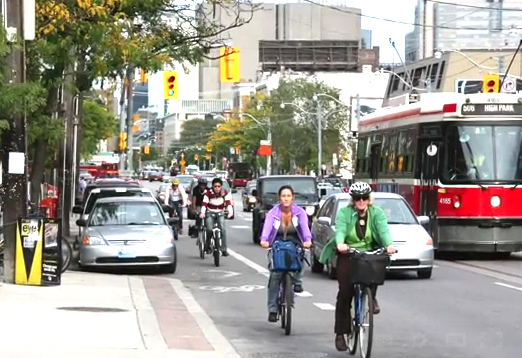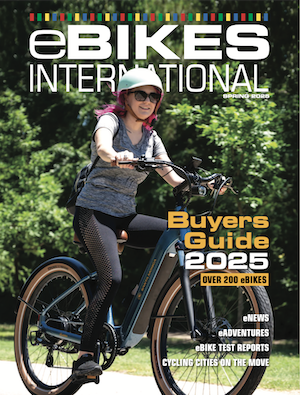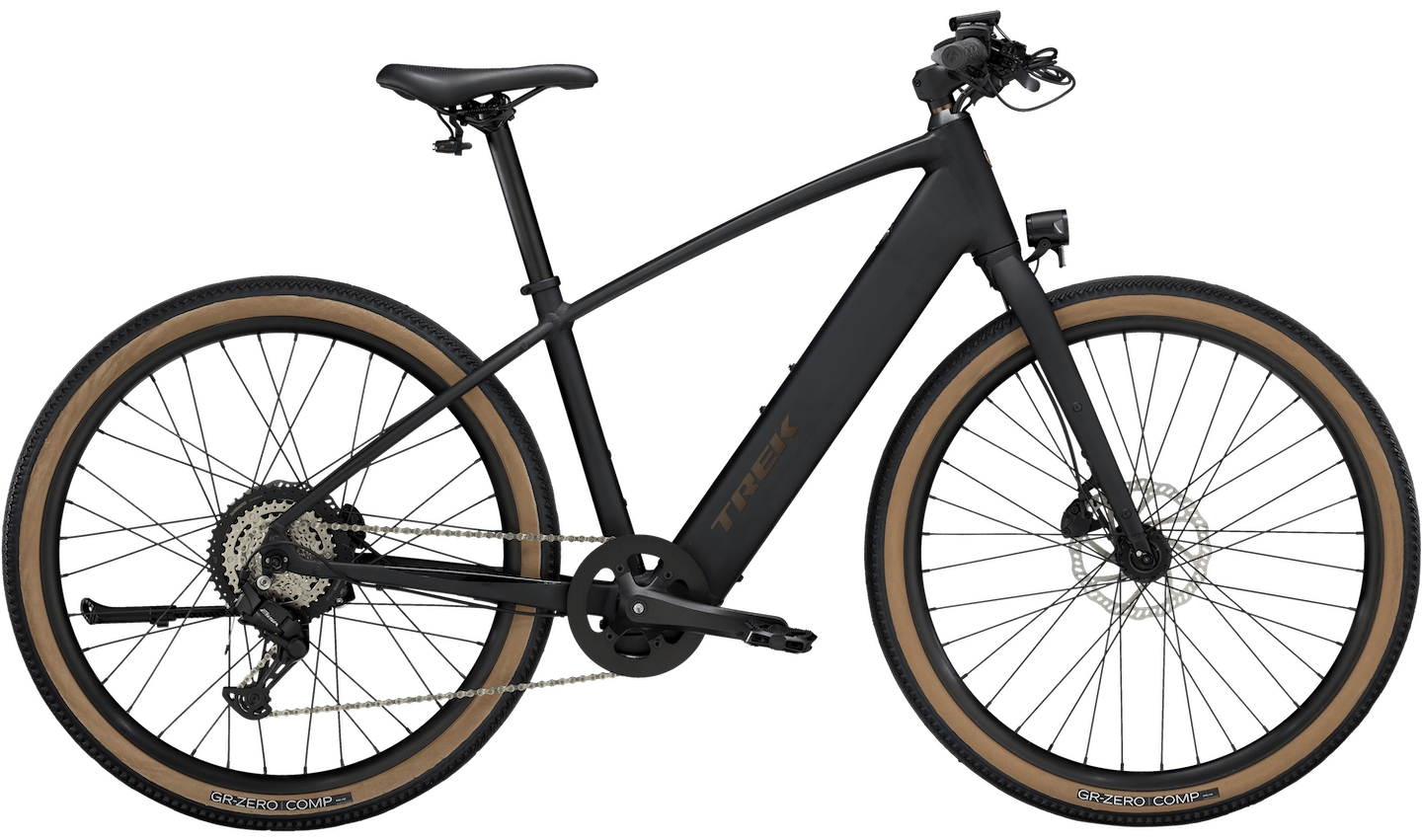May 5, 2021 - Ontario’s recent MOMS Act (Moving Ontarians More Safely – Bill 282) to address road safety concerns in the province has been welcomed by many but falls short with respect to e-bikes resulting in a call-to-action to amend the bill.
Primarily aimed to combat street racing, stunt driving, aggressive and unsafe driving, the new Bill also attempts to, ‘Redefine “power-assisted bicycles” (e-bikes) under the Highway Traffic Act (HTA) to set out new standards for three different styles of e-bikes: bicycle-style, mopeds and motorcycle-style.’

Pundits claim that the wording of Bill 282 will effectively make e-bikes and/or cargo bikes illegal depending on the interpretation, despite the intentions of the new Bill which is to enable more people to ride e-bikes.
Two bicycle retailers in the province, London Bicycle Café and Curbside Cycle in Toronto, have written to Ontario’s Transport Minister, Hon. MPP Caroline Mulroney, and the Transport Critic, MPP Jennifer French. The shops have also begun a social media campaign to raise awareness, encouraging people to write to both MPPs to voice their concerns by the May 10 deadline.
Others like Darnel Harris, a city planner and Executive Director of Our Greenway in northwest Toronto, and Mike Darmon president of the Guelph Coalition for Active Transportation (GCAT) have also voiced concerns to amend the Bill. “The MOMs Act needs amendments to make sure e-bikes and e-cargo bikes are legal. Getting it right is important for LOCAL small business too,” tweeted Darmon.
E-bikes are regulated like bicycles in all provinces and some suggest that pedal-assisted e-bikes, which require pedaling to activate the motor up to 32 kph (in EU 25 kph), vs power-assisted models which don’t require pedaling, need better definition. Others suggest that the 3-Class system in the USA (see below), currently adopted in 28 states, is the route to follow (read more here).
Class 1: Bicycle equipped with a motor that provides assistance only when the rider is pedaling, and that ceases to provide assistance when the e-bike reaches 20 mph (32 kph).
Class 2: Bicycle equipped with a throttle-actuated motor, and that ceases to provide assistance when the e-bike reaches 20 mph (32 kph).
Class 3: Bicycle equipped with a motor that provides assistance only when the rider is pedaling, and that ceases to provide assistance when the e-bike reaches 28 mph (45 kph)
Mike Schreiner, Leader of the Green Party of Ontario and MPP for Guelph, has been closely following mobility issues in the province and is reviewing the current situation regarding the MOMS Act and plans to table some amendments.
Proponents like urban planner, Sam Starr who operates Critical Mobility in B.C., prefer a national framework as per a recent Tweet, “If we’re going to harmoniously and safely advance micromobility in Canada, from scooters to e-bikes, cargo bikes and light electric vehicles, personal and commercial…we need @Transport_gc taking the lead! Road and vehicle safety is in your mandate.”
Yet Transport Canada announced on February 4, 2021, that it was eliminating their definition for “power assisted bicycle(s)” which includes e-bikes and e-cargo bikes, thereby shifting things back to the provinces and creating the current situation with the redefinition of e-bikes in Ontario’s MOMS Act.
National advocacy group, Velo Canada Bikes, also supports a national framework and sent a letter to Prime Minister Justin Trudeau in Nov. 2020 regarding Transport Canada’s decision. The group also applauds the recent announcement in March 2021 by Hon. Catherine McKenna, Minister of Infrastructure and Communities, of the Government of Canada’s first federal fund of $400 million for cycling paths and trails, which seems tailor-made for initiatives like road safety and the MOMS Act.
A sensible national plan for safety on roads across the country is in everyone’s best interest as are regulations for all vehicles that share these roads. More on this issue as it unfolds.


















